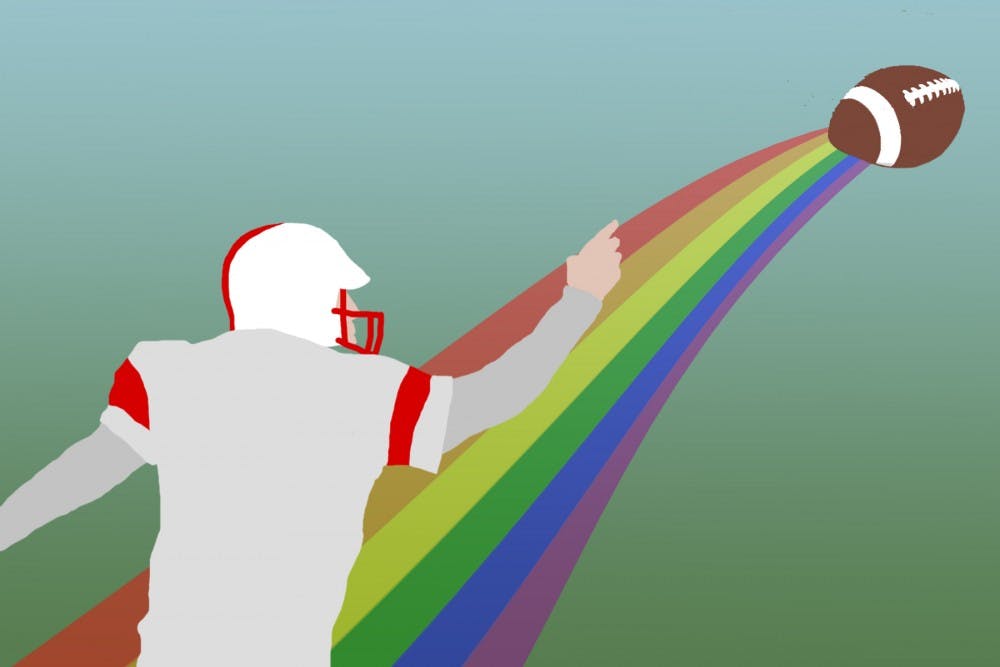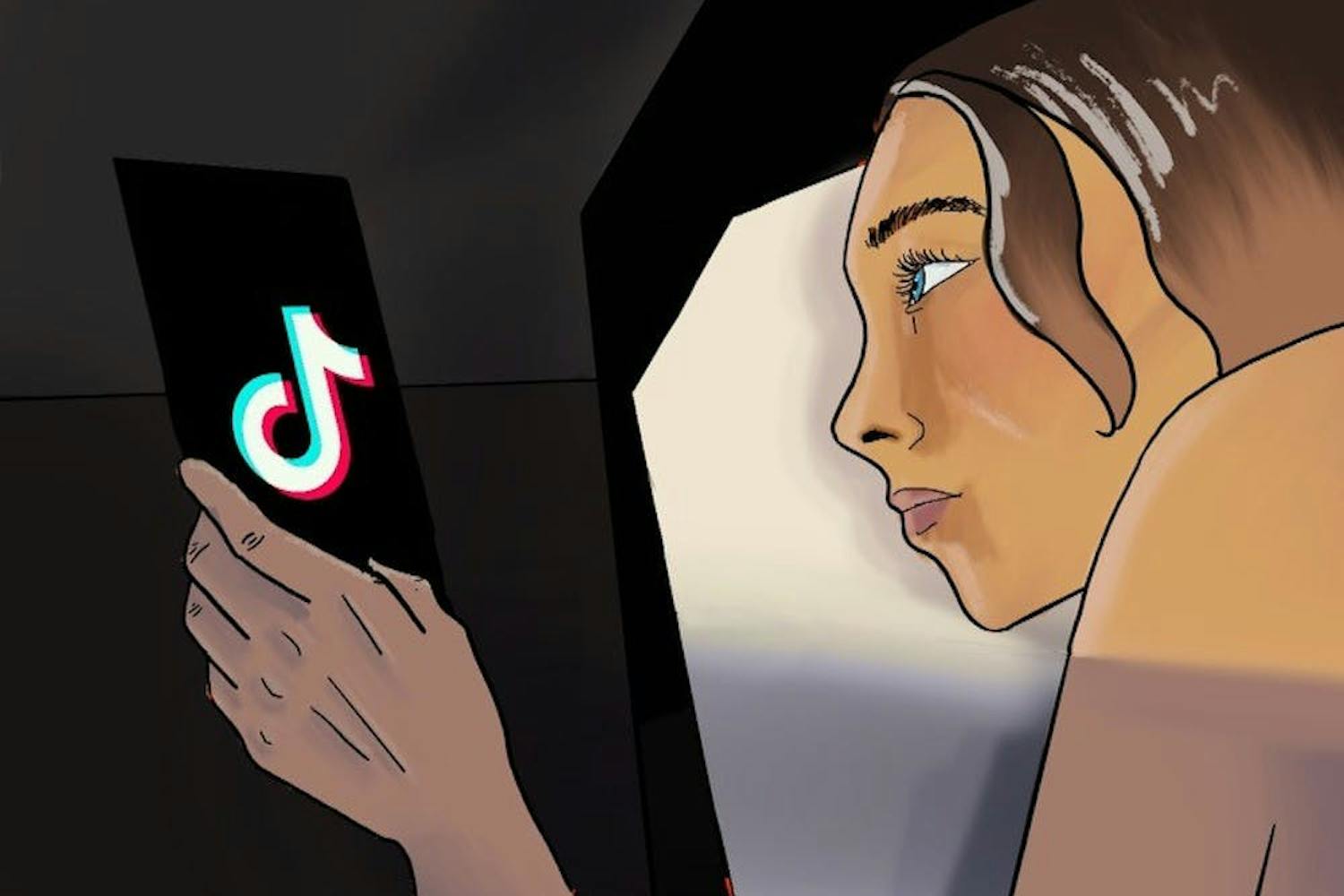Late last month, ASU’s rival school the University of Arizona signed the local Tempe football player, My-King Johnson. The signing is significant because Johnson is the first active openly gay Division I scholarship football player in NCAA power five history.
Johnson’s scholarship represents the progress and growing acceptance that the LGBT community has had in the United States in recent years.
“It is showing how far we have come that an athlete like My-King can be totally accepted by his high school team, totally accepted by the coaching staff of a major Division I program and this just not be a big deal,” said Cyd Zeigler, co-founder of Outsports.com.
Zeigler started Outsports.com to tell “as many stories as possible to show that (people) don’t have to be afraid.”
Zeigler said that the reason most people stay in the closet is because of fear. This fear could be linked to how their parents may react or in sports specifically losing an endorsement or being treated differently by a coach.
Even with the increased progress in the sports community, fear is still there for players. Michael Sam, the first openly gay football player to be drafted into the NFL, said in an interview that he was not the only gay person in the NFL and that other athletes have reached out to him to tell him about their sexuality, but they did not have the courage to publicly announce it like Sam did.
“We know that the vast majority of athletes, the vast majority of fans and the vast majority of sports media members accept gay people and gay athletes,” Zeigler said. “Of course there are always exceptions to the rule and that’s where a lot of the fear comes from. You never know if your dad, or your coach, or your teammate is going to be the exception to the rule.”
One exception to the rule that Zeigler cites it is former Phoenix Suns star Amar’e Stoudemire. Stoudemire, who now plays in Israel, was asked along with other players in the league about how he would feel if he had a gay teammate. Stoudemire responded with some homophobic remarks claiming he would, “shower across the street.”
“I think the people who are incorrect are the people who say they would reject the gay teammate,” Zeigler said. “I think they are the people who aren’t necessarily lying, but are mistaken. You know the bond that sports create go beyond lines of division, race and even gender and this is no different. We know that gay athletes have been accepted by their teammates for decades."
Zeigler said that Stoudemire wouldn't actually drive across the street to avoid a gay teammate, especially if that teammate were superstar like LeBron James. He said that Stoudemire is "mistaken about his own feelings" and wouldn't follow through with his claims.
While more and more athletes have come out of the closet, acceptance in the United States and in the sports community has grown widely in recent years.
“I think sports is an integral part of American culture and I think the progress that LGBT people have made and will continue to make nation wide goes hand in hand with sports,” Zeigler said. “You don’t get marriage equality without acceptance in sports and I don’t think you get acceptance in sports without marriage equality, they really go hand in hand.”
Sports aren’t “just a game” as the cliché states. While sports simply appear to be games that people play for entertainment purposes, it has also played a crucial role in gender equality, the civil rights movement and within the LGBT community.
“Sports, men’s sports in particular, helps craft our definition of masculinity,” Zeigler said. “When gay men are welcomed into that world, it helps include them in our definition of masculinity and it helps shift the way we see masculinity. I think that has been a huge role that sports have played.”
Reach the columnist at kmarlin1@asu.edu or follow @kynan_marlin on Twitter.
Editor’s note: The opinions presented in this column are the author’s and do not imply any endorsement from The State Press or its editors.
Want to join the conversation? Send an email to opiniondesk.statepress@gmail.com. Keep letters under 500 words and be sure to include your university affiliation. Anonymity will not be granted.
Like The State Press on Facebook and follow @statepress on Twitter.




